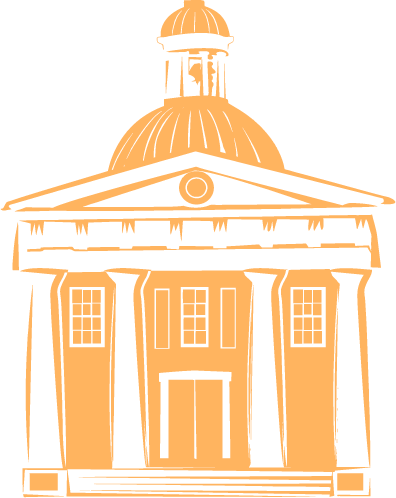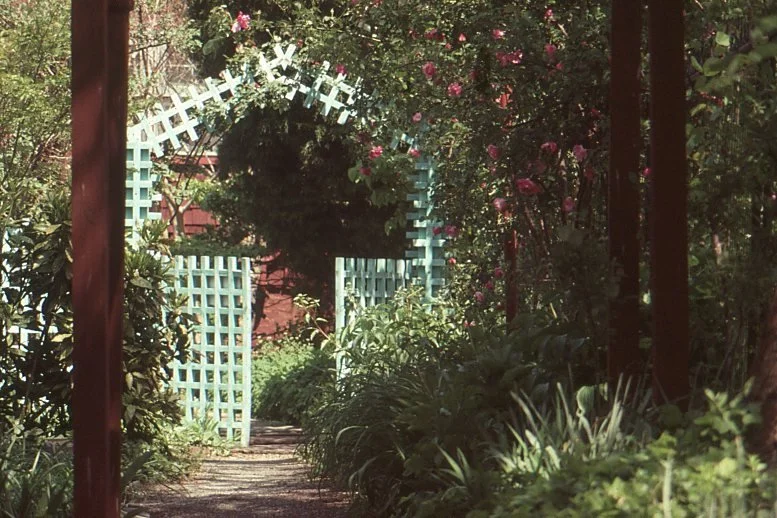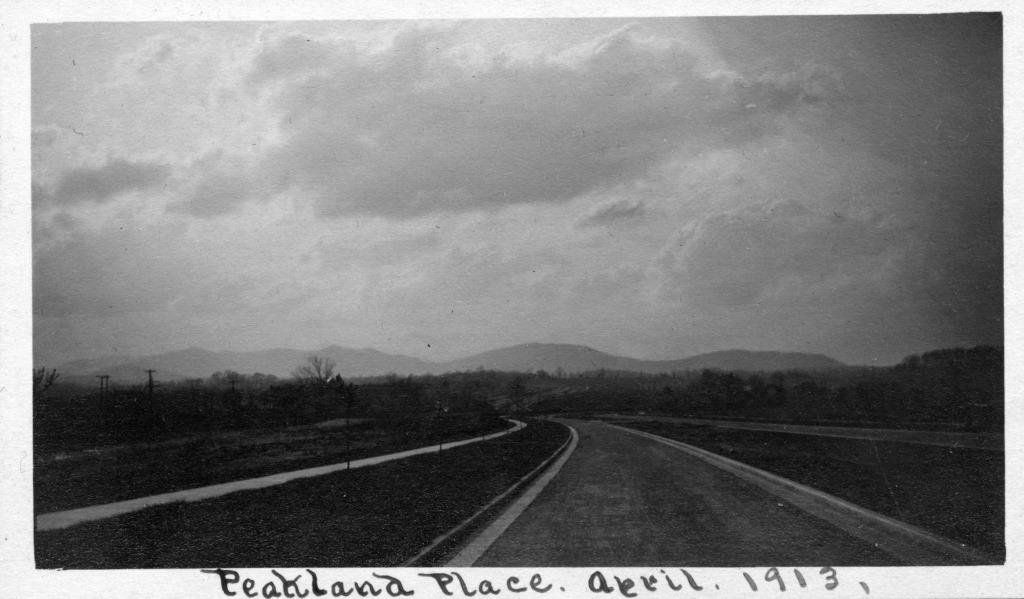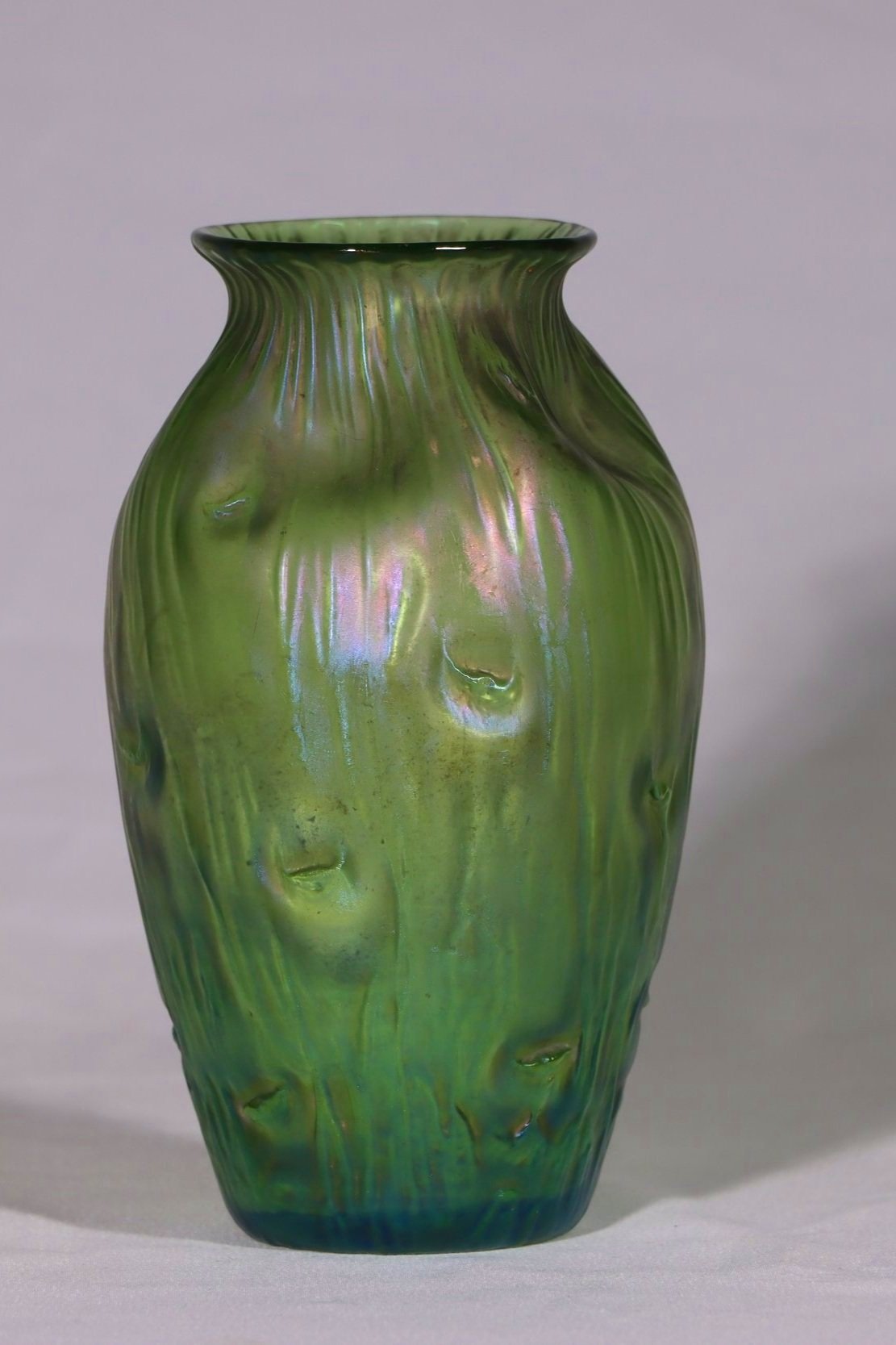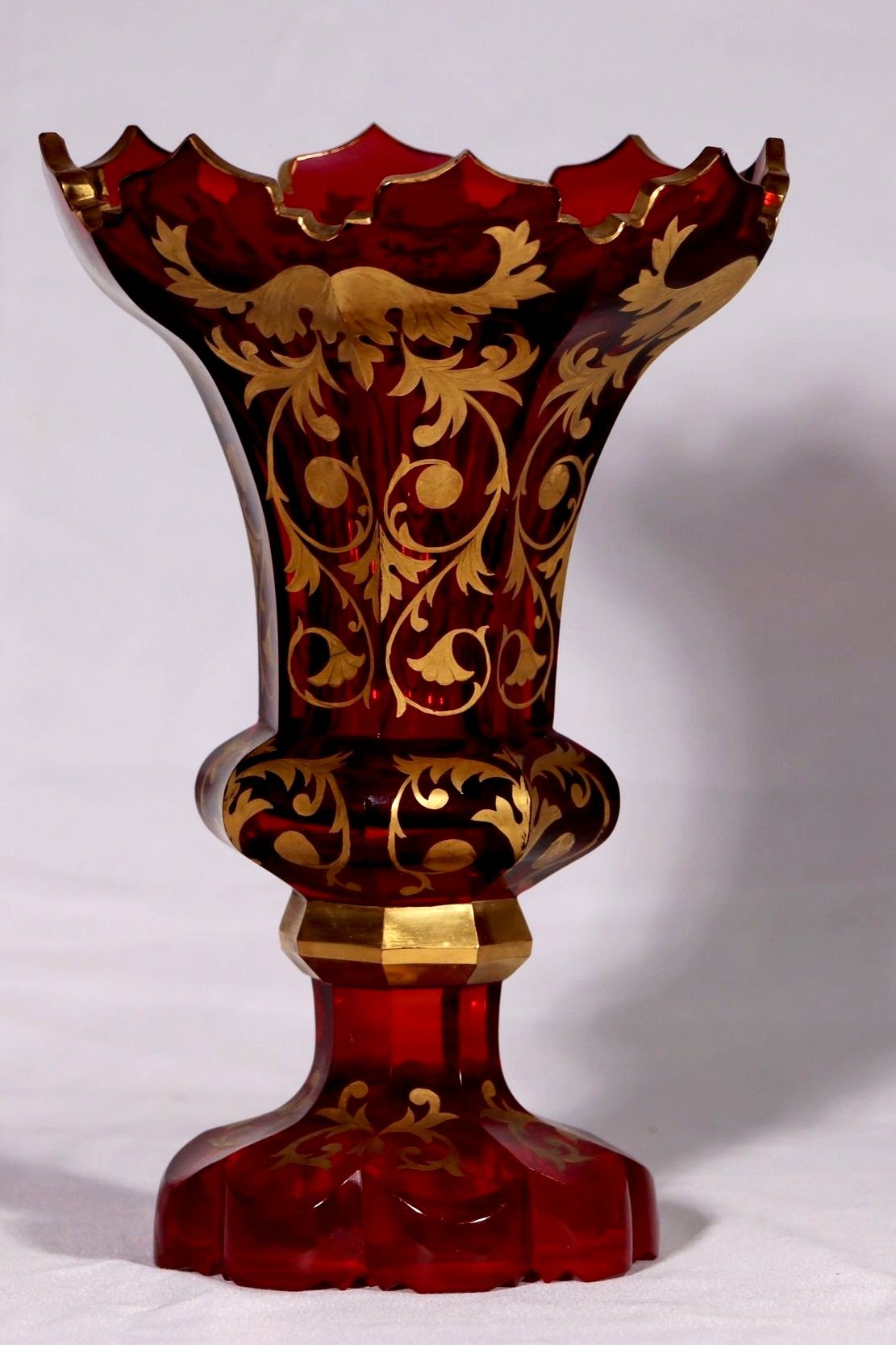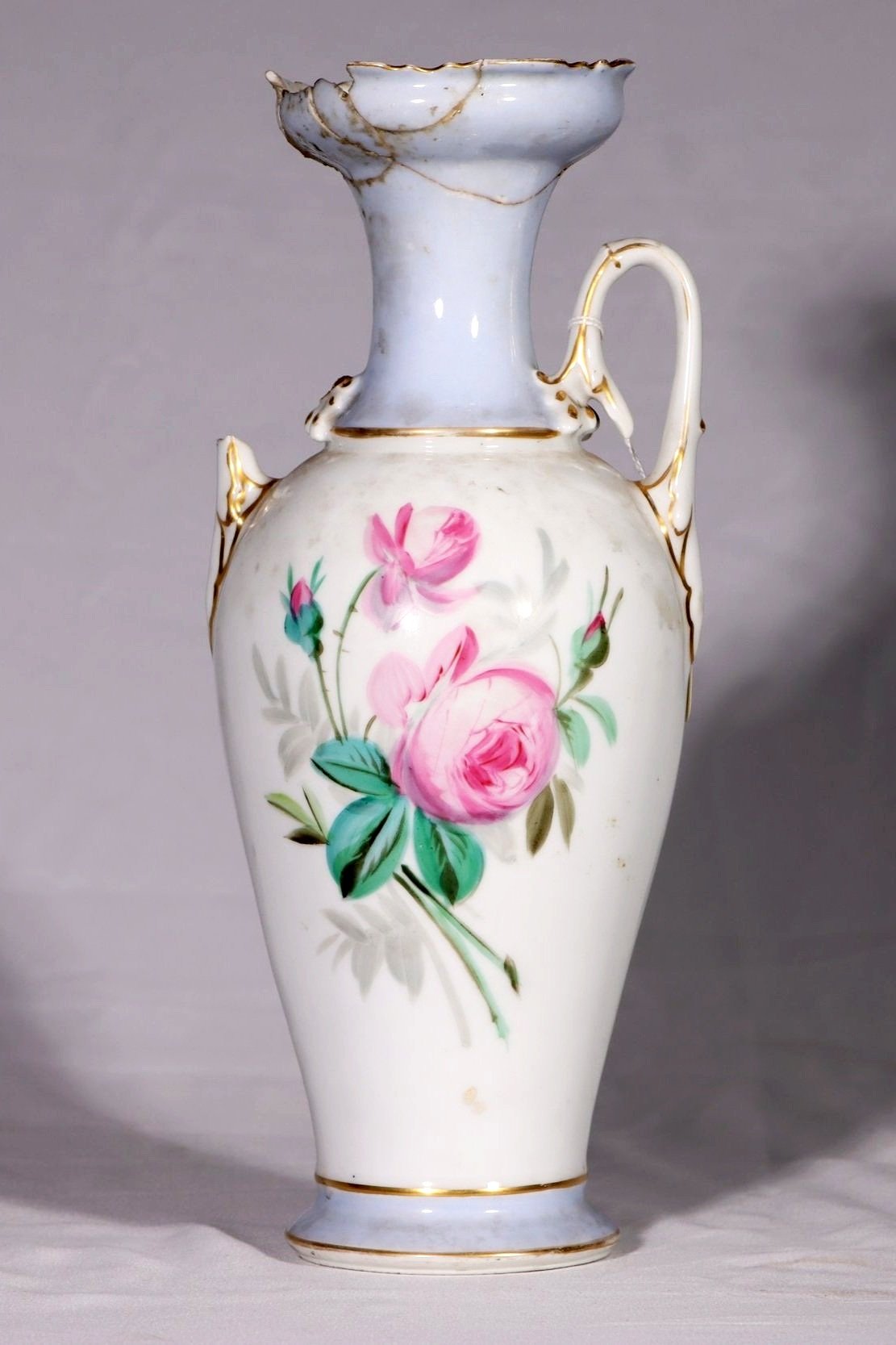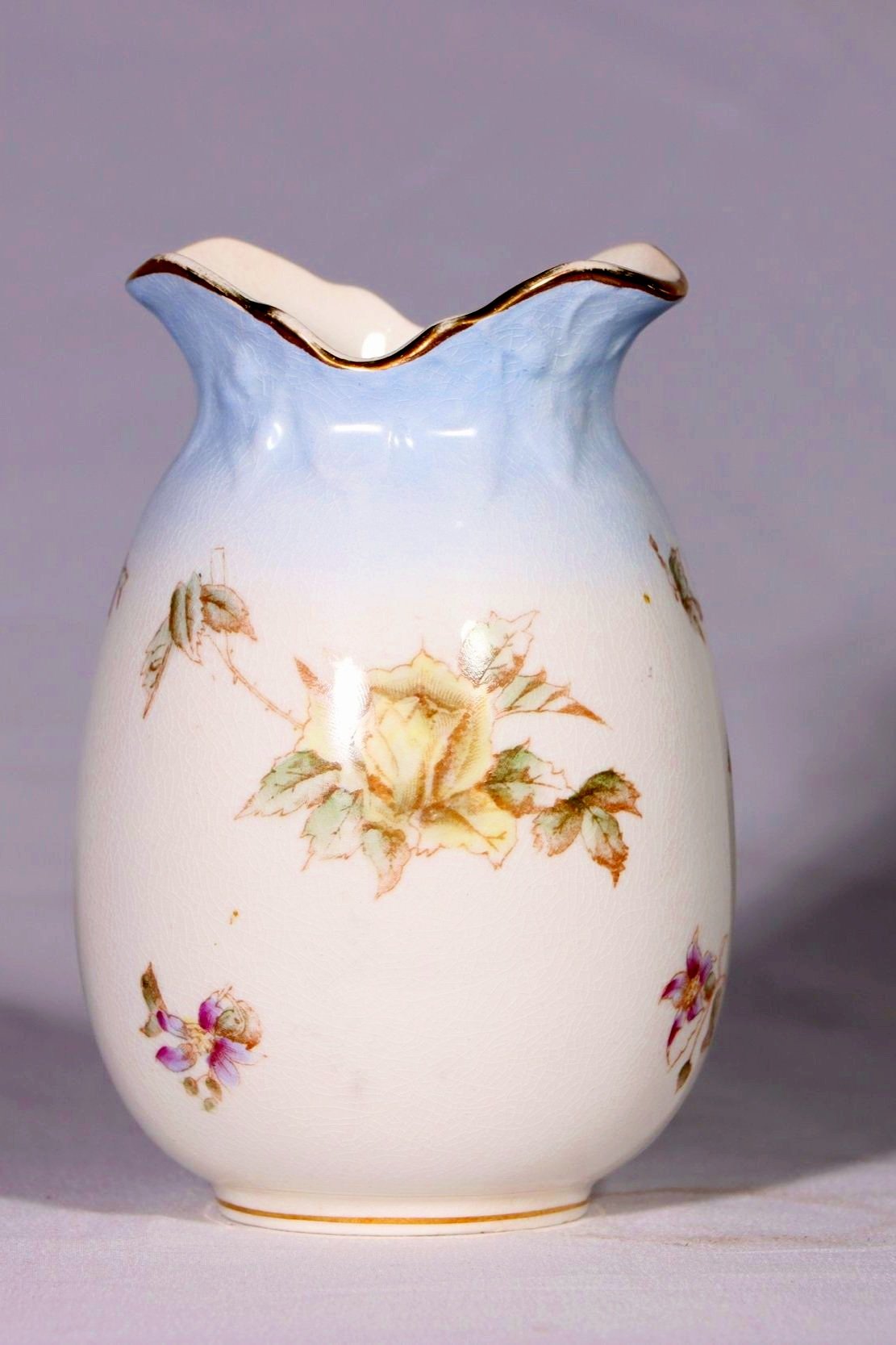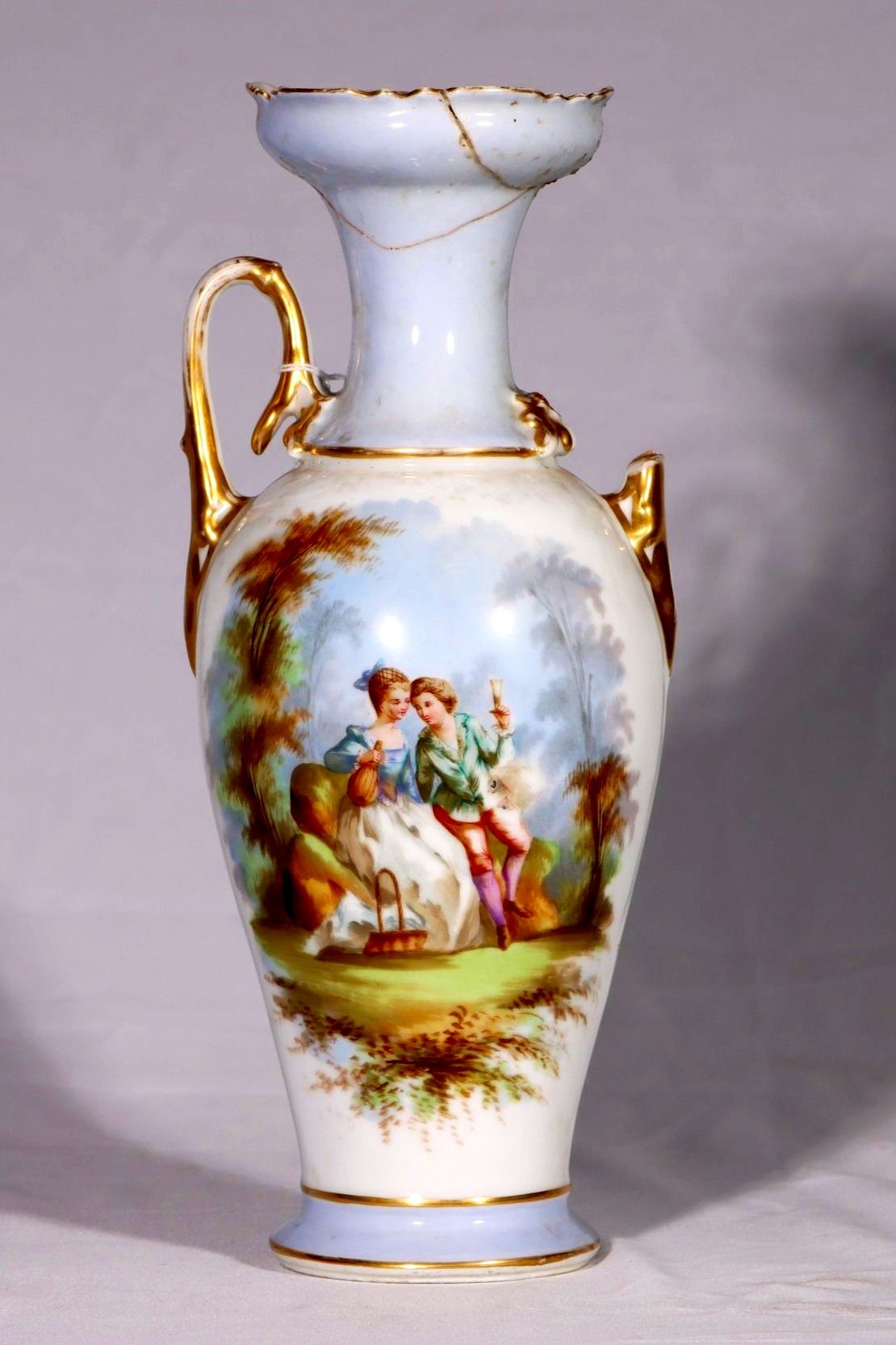Exhibit Curated by Cathy Dalton
Digitized by Austin Gaebe
Introduction
Looking at pictures of Lynchburg in the 19th century, you may be surprised to see so few trees. Historically, trees were cut down for construction, heating, and cooking, all with no long-term plan for reforestation. However, starting in the 20th century, a series of garden clubs formed to beautify the Hill City and turn it into the lush landscape we know today. Not only have these organizations provided a social outlet for the women of Lynchburg, but they have also helped to make this city a greenspace with trees on every street and public gardens for all to enjoy.
Plans and photographs of Point of Honor, Lynchburg
“...this is one of the highest forms of interracial cooperation: namely, where the two races are working on a common project without thinking about race, but rather a common opportunity to build a more beautiful community for all.”
Little Garden Club
Like most local clubs, the Little Garden Club was not affiliated with the Garden Club of Virginia. It sponsored a project in Riverside Park making the Lookout Bird Sanctuary. The fountain located at the renovated Lookout was originally at the foot of Monument Terrace, prior to the installation of the “Listening Post” sculpture.
African American Garden Clubs
In 1932 the Negro Garden Club of Virginia formed. By 1942 Lynchburg was home to five African American clubs:
Garden Guild, President Ollie Green Henry, Taylor Street
Hill City Garden Club, President Lula Higginbotham Stewart, Taylor Street
Pleasant Valley Garden Club, President Lillie Pannell Braxton, Route 3
Progressive Garden Club (established 1937), President Mattie Johnson Penn, Peyton Street
Variety Garden Club, President Amanda McDaniel Higginbotham, Fillmore Street
The federation included 65 chapters throughout the state, which were listed in the Handbook of the Negro Garden Club of Virginia. In the chapter entitled “Ten Years of Progress of the Negro Garden Clubs of Virginia” the authors William M. Cooper, Director of Summer and Extension Study, and Asa C. Simms, Extension Landscape Specialist at Hampton Institute, list the values of garden clubs as home improvement, community improvement, improving race relations, recreation, creativity, and self-expression.
Anne Spencer (1882–1975)
The first African American woman to be published in the renowned Norton Anthology of Poetry, Anne Spencer was a true poet of the garden. Many of her poems explore the mythical and symbolic power of flowers and the natural world, as well as the sheer joy of gardening. Her home garden in Lynchburg, Virginia, served as an informal social space for leading African American thinkers of her time. Langston Hughes, James Weldon Johnson, and Martin Luther King, Jr., all found moments of peace there. Spencer was a member of the Progressive Garden Club of Lynchburg in the 1940’s.
Garden Club of Virginia Founded in 1920
The Lynchburg Garden Club and Hillside Garden Club are the only two local member clubs of the Garden Club of Virginia. The Lynchburg Garden Club formed in 1922 with Josephine Kinnier as the first president and joined the Garden Club of Virginia shortly thereafter. One of the Lynchburg Garden Club’s longest standing projects has been the Miller-Claytor House Garden in Riverside Park, which began in 1936 and is still continuing today. In 1935, Julia File and Frances Dirom formed the Hillside Garden Club, which joined the Garden Club of Virginia in 1952. Hillside Garden Club’s mission is to stimulate an interest in gardening, to aid in the protection of nature, plants and birds, and to encourage civic planting.
Starting in the late 1970’s the Garden Club of Virginia restored the landscape around Point of Honor by installing the stone, circular drive and grove-like tree plantings appropriate to the period. Later the Club planted an heirloom apple orchard behind the home, installed the Carriage House “paddock” terrace and plantings, and created the parking area on Norwood Street. The Club also installed a sloping walkway to make the house more accessible, the Meade Palmer gate, and two gardens behind the house. The most recent project at Point of Honor was the North Lawn, which was dedicated in 2019.
To fulfill its mission, Garden Club of Virginia sponsors the annual “Historic Garden Week” each April. The proceeds are used to restore Virginia's historic gardens and provide graduate level research fellowships.
Miller-Claytor House Garden, Riverside Park, Lynchburg
“Black women found garden clubs a haven that nurtured not only plants, but leadership and talent...garden club participation acknowledged dignity and value.”
“For Jim, Easter Eve” (excerpt)
Peace is here and in every season
a quiet beauty…
what is pain but happiness here
amid these green and wordless patterns,—
indefinite texture of blade and leaf…
–Anne Spencer
Flower vases from the Lynchburg Museum Collection
Other Historic Garden Clubs of Lynchburg
Rivermont Garden Club
Ragged Robin Garden Club
Inglewood Garden Club
Hillside Garden Club Civic Projects
Amherst Road to Sweet Briar College (c. 1935)
Hollins Mill Road Native Park (c. 1946)
Restoration of the Quaker Memorial Cemetery (c. 1946)
Restoration of the Anne Spencer House Garden (1983, 2008–2011)
Restoration of the Aviary at Miller Park (2001)
Provided funding and planning for the Awareness Garden (2003)
Old City Cemetery Comfort House Garden (2016)
Projects of the Lynchburg Garden Club
Peakland Area Sugar Maple Plantings (c. 1927)
Monument Terrace Landscape Plantings (c. 1930)
Rt. 501: Planting of 1,400 Dogwoods (c. 1935)
Operation Plant-A-Tree Recycling Program, 3,000+ Trees Planted (1981–1990)
Centennial Project: Wards Road Gateway (2019)
Riverside Park: New Signage, Landscaping and Gazebo (2003–2011)
Share Your History!
Do you have any artifacts or information related to a historic garden club in Lynchburg? We would love for you to share your history with us! The Lynchburg Museum System is actively seeking material to illustrate the full history of our city.
Call (434) 455-6226 or email museum@lynchburgva.gov
